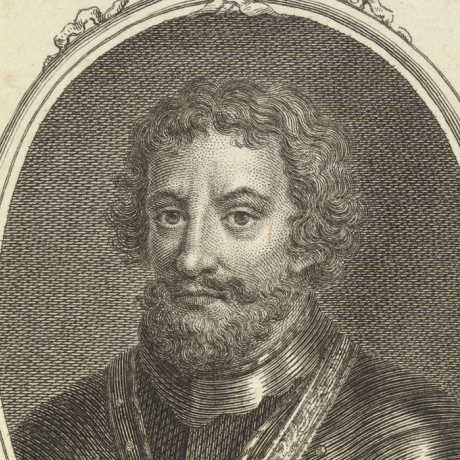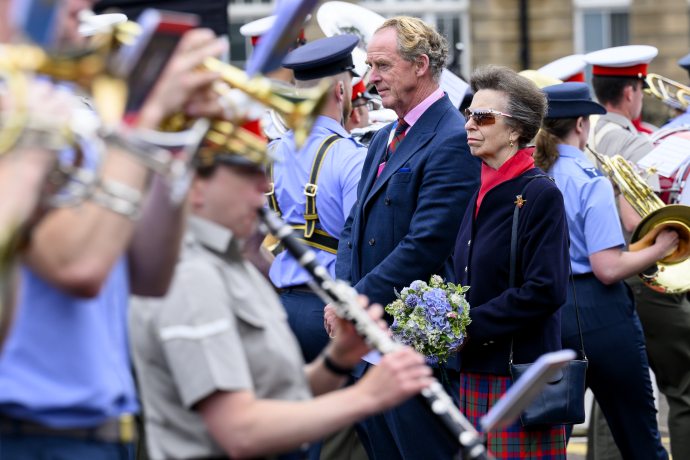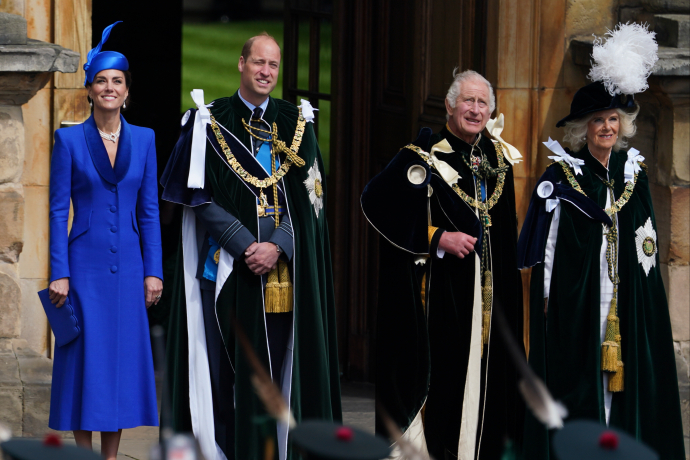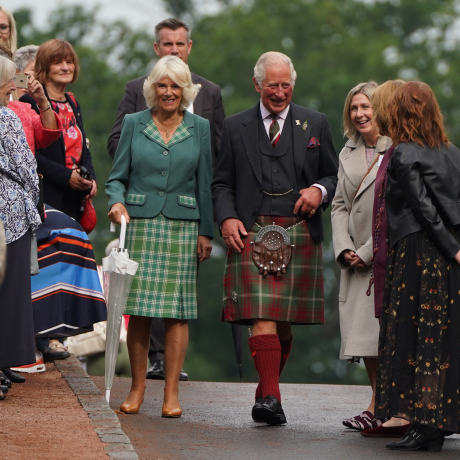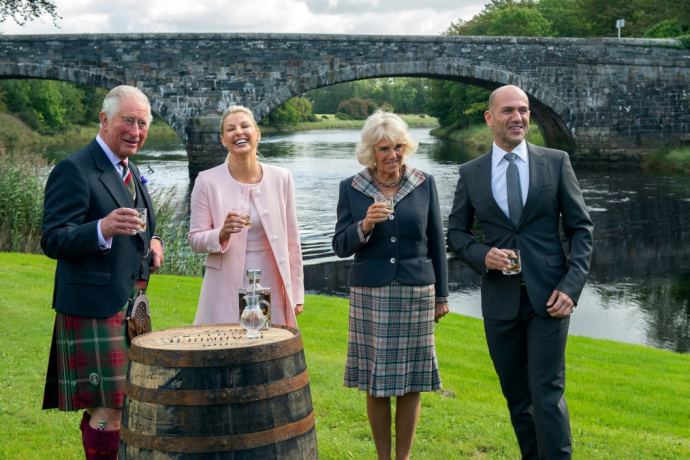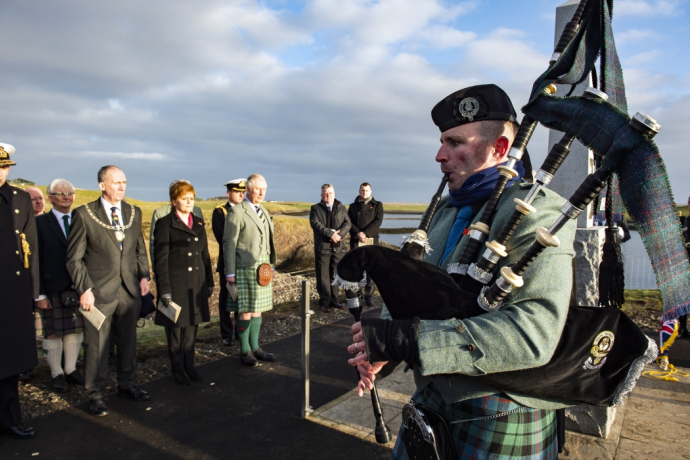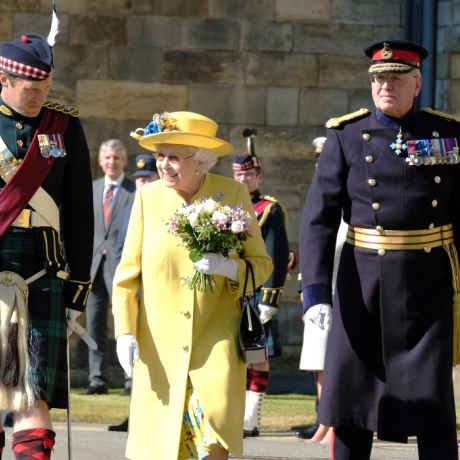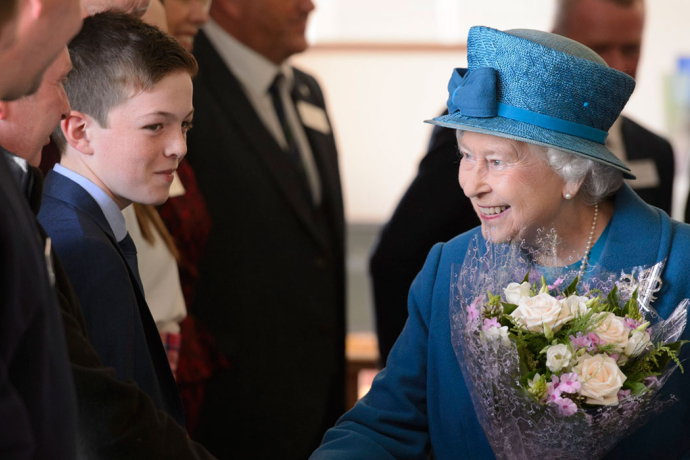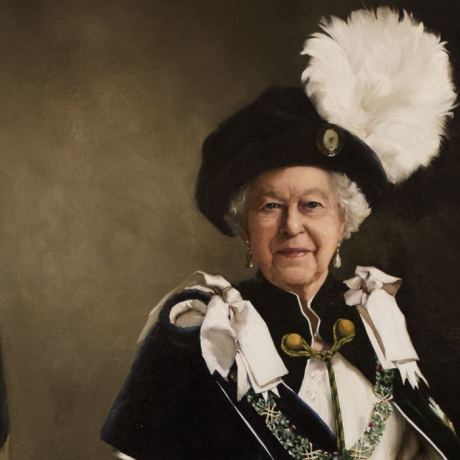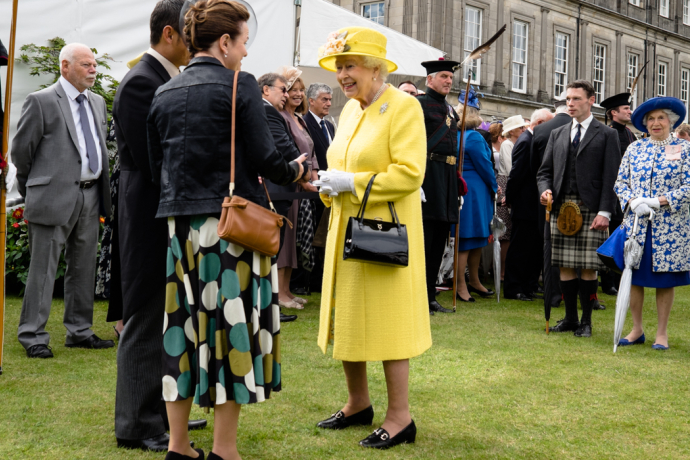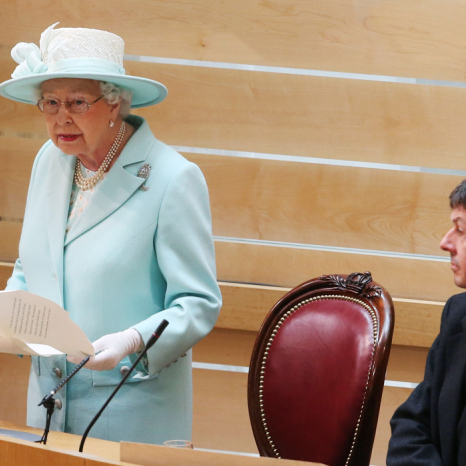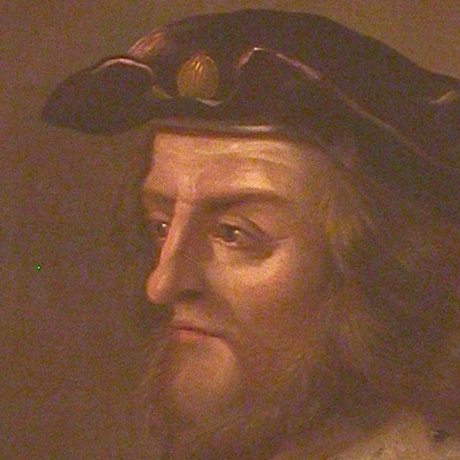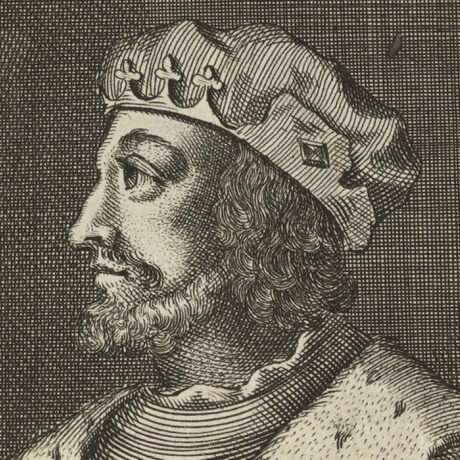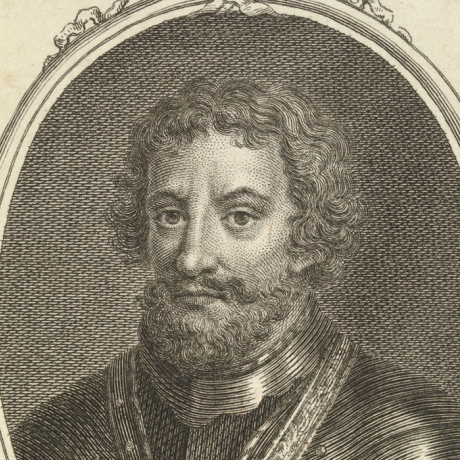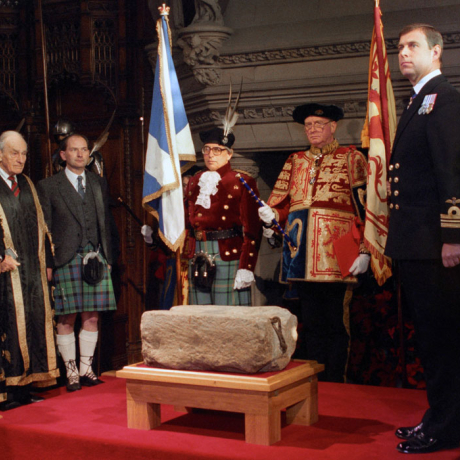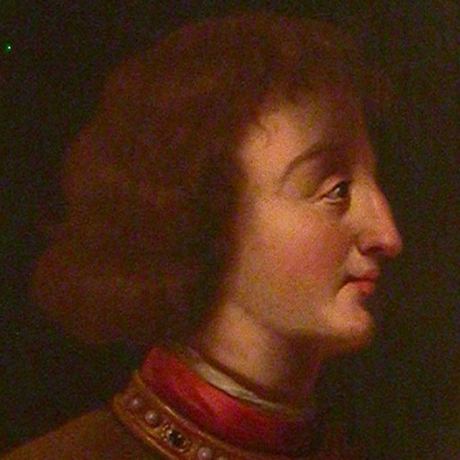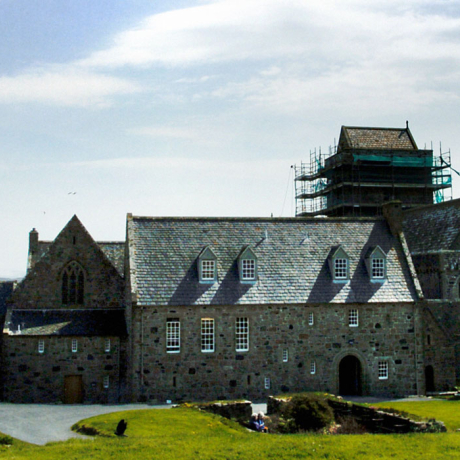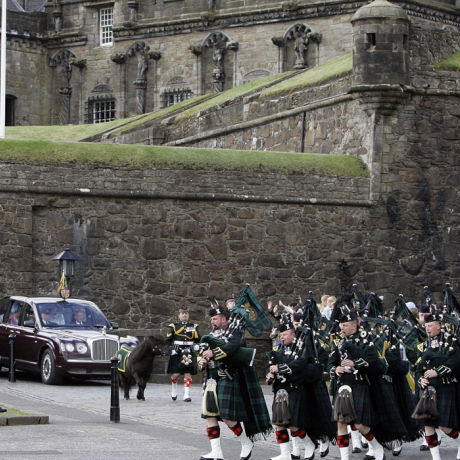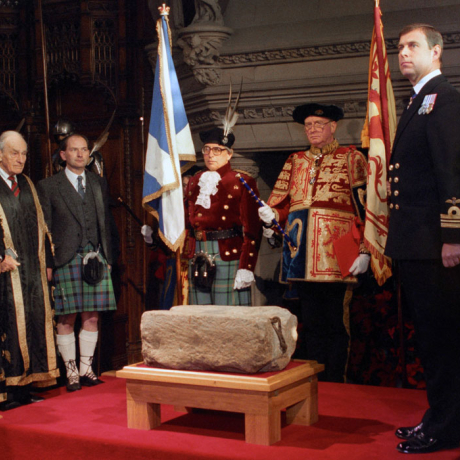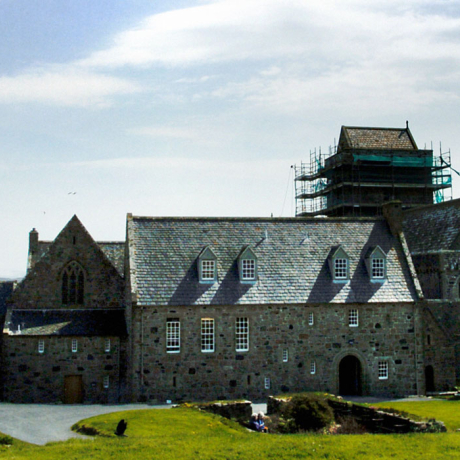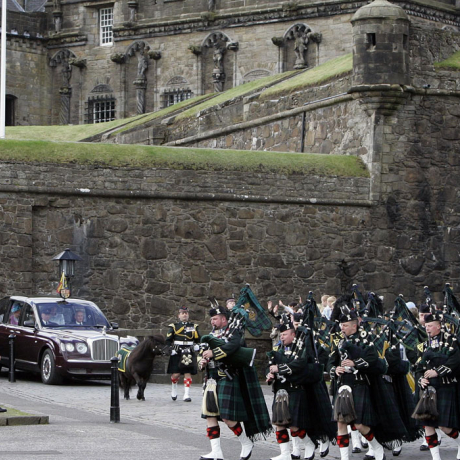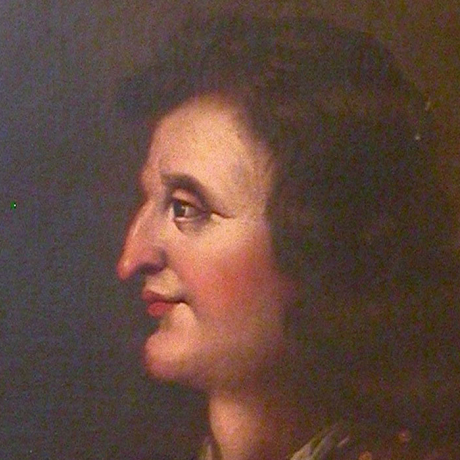At one time, Scotland was occupied by five different peoples. The Picts lived in the large area north of the rivers Forth and Clyde. The Scots, from Ireland, made their home in Argyll in the fifth and sixth centuries. The Angles held Lothian, the ancient Britons had retreated to Strathclyde, and, in the ninth century, the invading Norsemen settled in Orkney, Shetland, Caithness, Sutherland and the Western Isles.
The unification of these different peoples began in the mid-ninth century, when Kenneth MacAlpin became king of both Picts and Scots.
The Scots were to become dominant over the majority of the country, although alternative power-bases existed until the end of the Middle Ages - for example, in the Norse Northern Isles of Orkney and Shetland.
Very little is known about many of the early kings up to the end of the eleventh century other than their accession dates (often because kings won their crowns by killing other kings) and their deaths (particularly if these were sudden and violent).
Unlike Anglo-Saxon England, there are few surviving literary chronicles of early rulers in Scotland. Two of the best-known kings - Macbeth and Malcolm Canmore - were immortalised by Shakespeare's Macbeth in a form that bears little resemblance to historical events.
Perhaps the most eloquent testament to the lives of the early Scottish kings is the island of Iona with its abbey and burial ground, resting place of many Scottish, Irish and Norwegian kings.
Image: Macbeth

